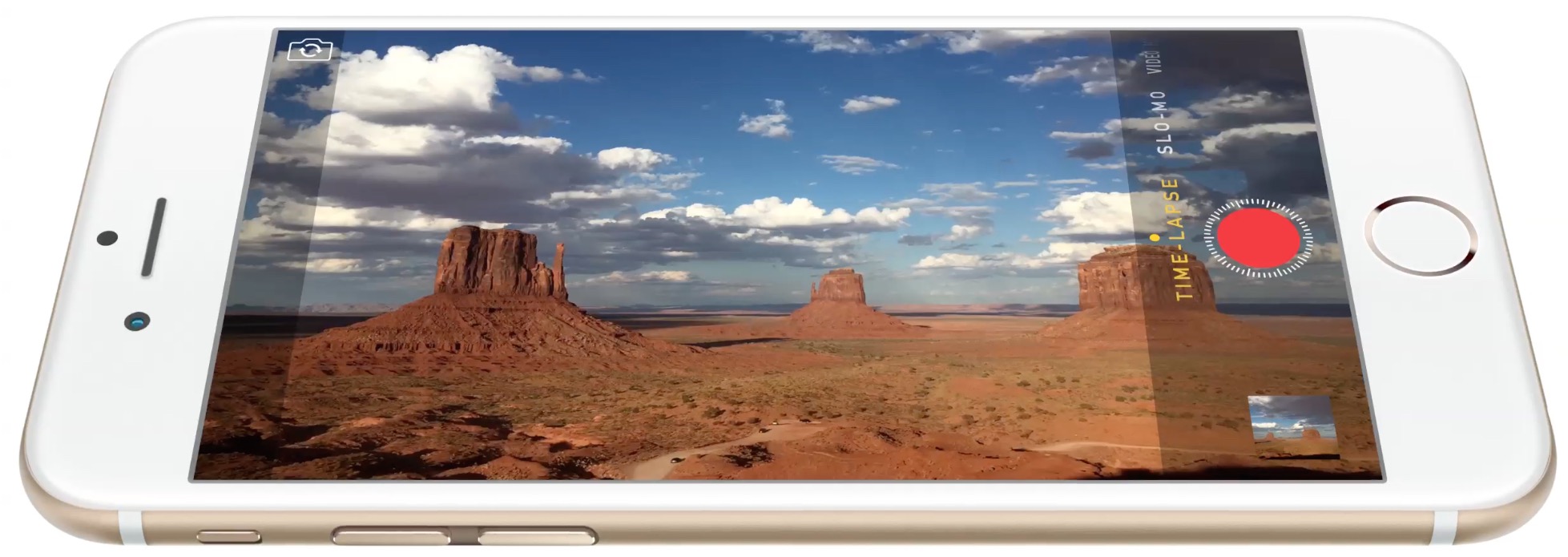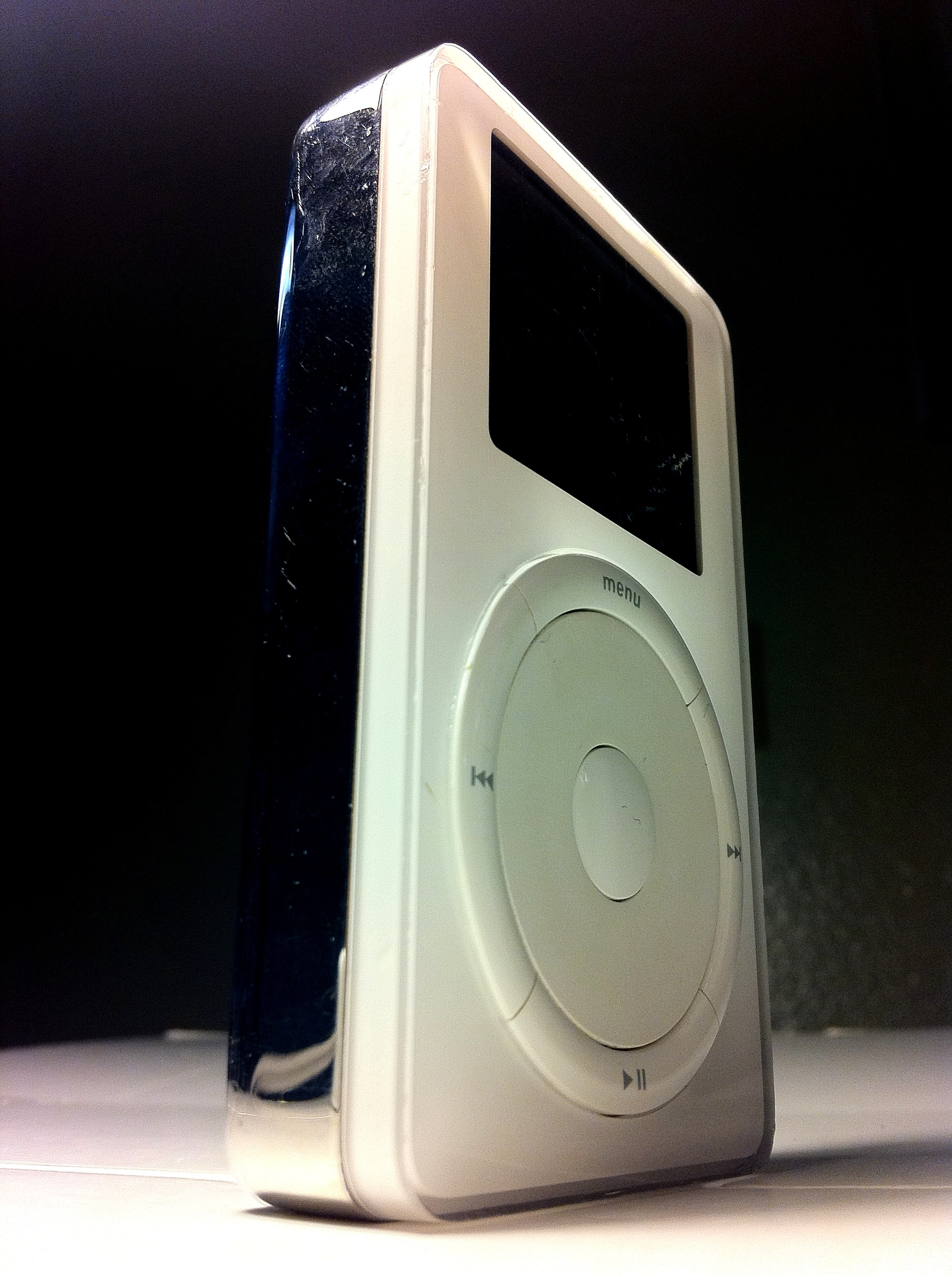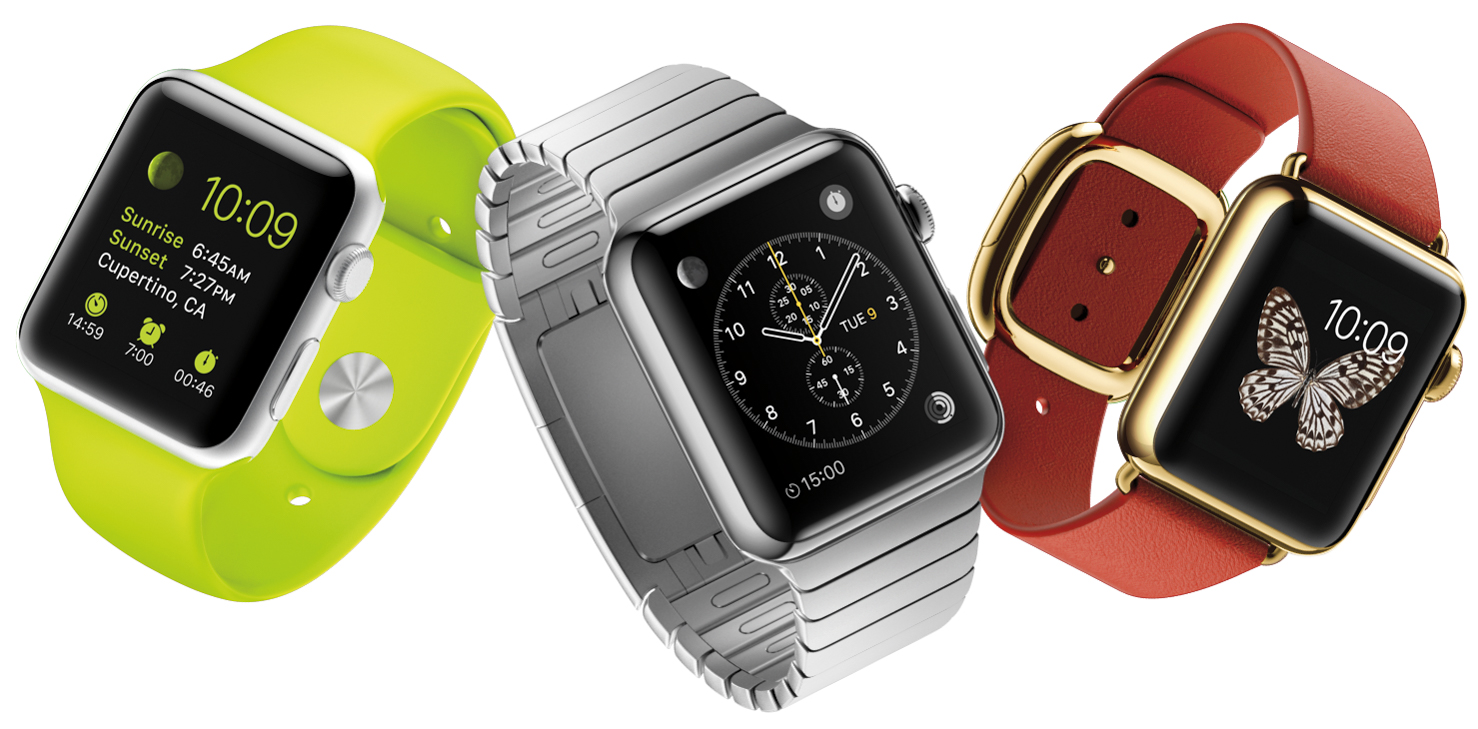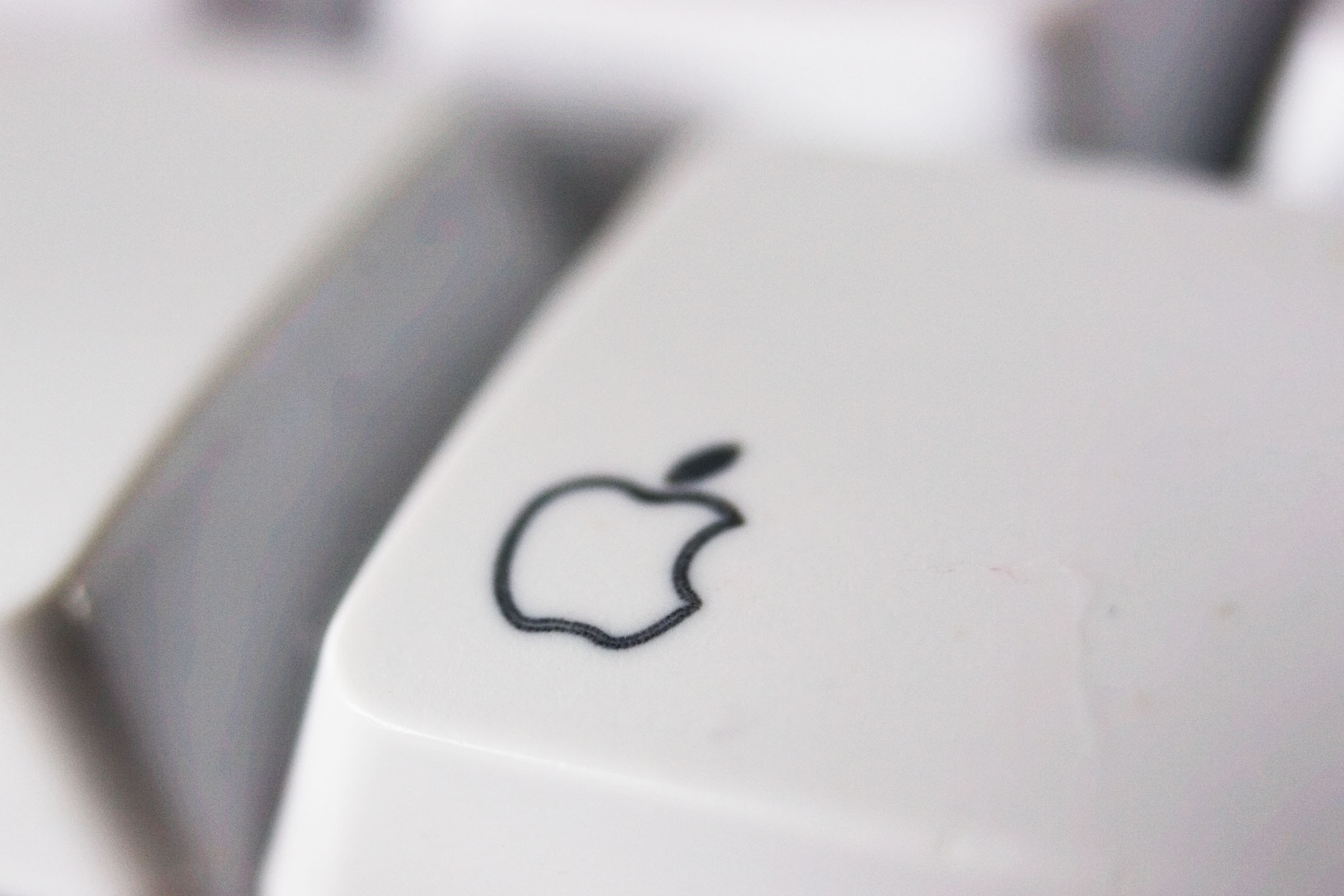Well, the first iPhone 6 reviews are in, and they are unsurprisingly glowing. Apple’s handpicked group of preferred, early reviewers don’t disappoint in their enthusiasm. Not that anyone should be surprised by that. But reading them all—and I did just that last night while waiting at the hospital with my 92 year-old father-in-law—common observations tell a story about Apple’s newest handset. This is one Once Upon a Time that anyone buying gadgets or manufacturing them should listen to. It’s a morality tale about putting benefits before features and the fine art of achieving balance.
Among the many missives from Apple’s love children: “iPhone 6 Review: It’s a Winner” by Walt Mossberg; “Reviewed: iPhone 6 Is a Thin, Sexy Phone with a Killer Camera” by David Pogue; and “iPhone 6 Review: Apple’s Cure for Android Envy” by Geoffrey Fowler, among many others. These reviewers really like the device, which by most definitions is exceptional—and that will surprise fanboys waving around spec sheets and yelling “copycat!”.











